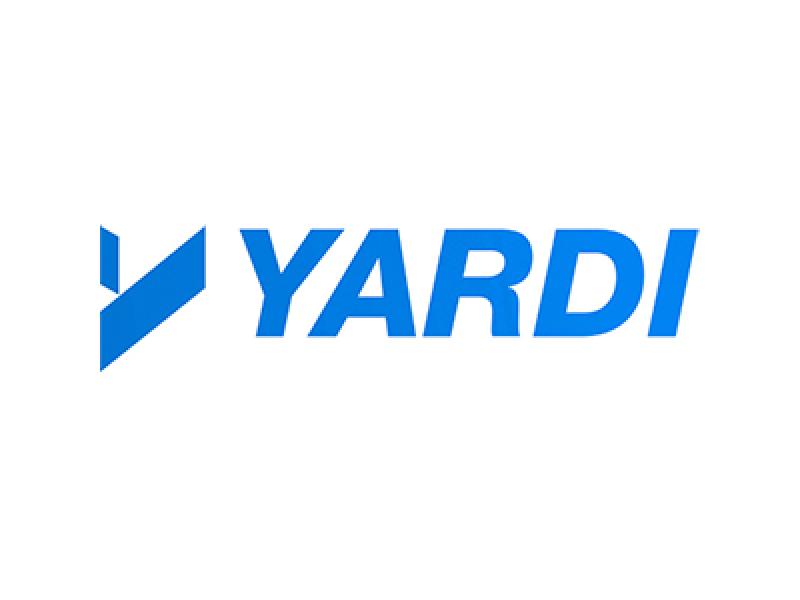
The real estate industry, known for its intricate nature and significant operational costs, is on the cusp of transformation in 2024. This shift is propelled by various factors, including advancements in AI (Artificial Intelligence) and fluctuations in interest rates.
These developments prompt crucial considerations for property owners and investors: How can they strategically manage and maintain their assets? What potential challenges and risks might they encounter when integrating new technology into their strategies? And how can real estate technology usher in a new era of efficiency and cost reduction? This article aims to address these queries and provide guidance on how to seize these opportunities.
Optimize resources from anywhere
Cloud-based technology provides essential insights into asset performance, which allows property managers to make informed, data-driven decisions regarding resource distribution. By analyzing real-time data on property use, maintenance requirements, and tenant behaviour, managers can confidently adjust resource allocation and minimize unnecessary expenses. This could involve reducing lighting or heating in unused areas to save on utility costs, or expanding or creating common areas that are important to tenants.
Automate leasing & deal management
A comprehensive software solution that immediately identifies vacant spaces, upcoming availability and streamlines the conversion of leads can accelerate the sales cycle and return on investment. By leveraging online solutions, the visibility of property listings can be significantly expanded through automated listing and syndication, while also enabling effective management of leads within a single system. Integrating a deal management solution provides you with real-time updates on vital aspects of asset management, such as unit availability, the progression of deal negotiations, and the status of lease signings. This holistic approach promotes a seamless lead-to-lease journey.
Enhance financial management
Property management software, now increasingly powered by Artificial Intelligence (AI), serves as a robust online tool for the meticulous tracking of financial transactions, generating reports and managing property data. AI in this realm refers to the use of advanced algorithms and machine learning techniques to automate and optimize various aspects of managing properties. Its goal is to significantly reduce the potential for human error. It’s not intended to replace staff, but to ensure that data is accurately documented and managed, providing a comprehensive and reliable financial overview of all the properties within your portfolio. This, in turn, enables managers to run their businesses smarter and more easily than ever, and ensures compliance with financial regulations.
Improve forecast management
The transition from conventional rent roll spreadsheets to an integrated forecast management platform is a strategic measure towards future-proofing your operations. Implementing technology built to centralize leasing, asset and operational data into one dashboard ensures financial accuracy and simplifies collaboration among various teams throughout the budgeting process. The incorporation of Market Leasing Assumption (MLA) management also offers a scalable solution for managing market rents, visualizing revenue forecasts and setting leasing objectives across your portfolio. This secure online tool provides actionable insights for strategic planning. This data can then be used to improve strategic planning and increase profitability.
Elevate construction management
Project management often forces substantial manual input across a variety of areas, and the use of multiple systems can complicate the access and accuracy of vital information. However, commercial real estate software has the capability to connect all stakeholders into a single solution, making the management of your Capex projects much more efficient. These online platforms not only provide a real-time view of work progress, project milestones, transaction reviews and approvals, and budget-to-actual cost comparisons, but they also ensure data governance.
Reduce risk in investment management
Technology that centralizes all loan, asset management, and investment activity is key to the investment aspect of real estate.
Software solutions available in the marketplace are designed to mitigate the risks associated with manual tracking of loan processes. They provide transparency to all users, including executives and key stakeholders, by centralizing loan data and automating the computation of complex loan terms. This eliminates the need for spreadsheets and allows investors to independently access information through a secure online portal, thereby reducing the need for assistance and response wait times. These solutions also enable investment managers to close accounting periods more quickly due to automated consolidations, eliminations, and allocations. Furthermore, these solutions automatically track information on prospects, investors, activities, tasks, correspondence, and more, allowing staff to focus on high-value tasks and providing easy access to investment data.
Accept the new realities
The future of real estate investment in Canada looks promising, with the roles of property managers and investors evolving in exciting ways. Companies that employ a seamlessly connected real estate solution are poised to quickly improve asset management performance, enhance data management and security, and set new industry standards. As 2024 progresses, these trailblazers are likely to emerge as leaders and prove that technology is indeed reshaping the Canadian commercial real estate market, ushering in a new era of efficiency and growth.

